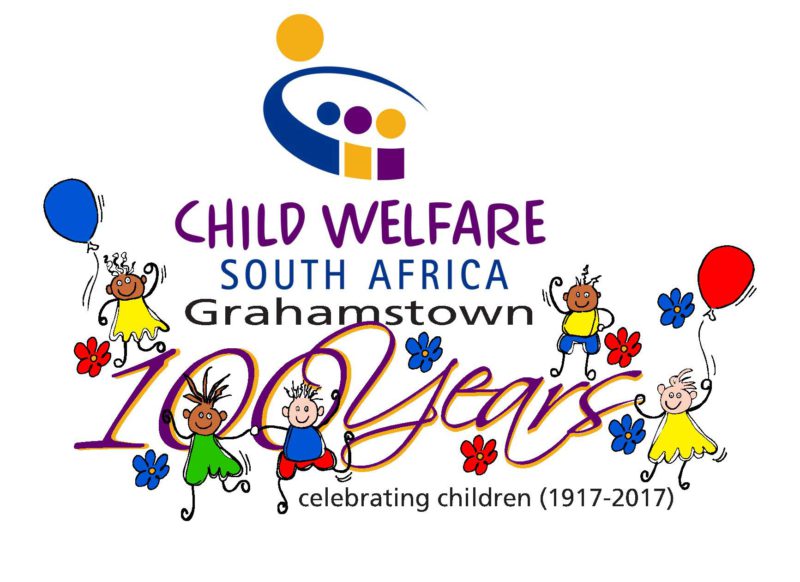CHILD WELFARE SA GRAHAMSTOWN
Christmas is a very exciting time and as parents, it’s easy to get lost in the planning, shopping and need to make this a festive season to remember. But parents and guardians need to pay extra attention to their children’s safety at this time of the year.
Below are some tips provided by Child Welfare SA Grahamstown:
- Shopping centres are very busy at this time of year. While you may be in a rush to complete your shopping, be vigilant at all times. If you take your children, ensure you keep a close eye on them and do not, under any circumstances, leave them in the vehicle. Place them in the trolley if you can, or keep hold of their hand in crowded places. Keep an eye on them at all times and do not let them wander off. Kidnapping happens in small towns too.
- Beaches, dams and swimming pools: The hot festive season weather is a great time to visit our beautiful Eastern Cape beaches. However, parents need to ensure children of any age are supervised when swimming, that they swim within designated areas during a time when there are lifeguards on duty. New South African Bureau of Standards (SABS) regulations soon to be law say any private swimming pool that can hold water deeper than 30cm must be surrounded by a child-proof fence, as well as fitted with a safety net or safety cover to a required standard (must be able to take the weight of a child plus a rescuer) installed by an accredited fitter. More from businessinsider.
- Children at home: If you are working this festive season, ensure someone you trust is looking after your children. Leaving children, especially young ones, at home without supervision is extremely risky. Children should not be allowed to play in the street and should be kept in their yard with adult supervision. Teenagers need to tell adults where they are going and when they will return. Supervised play dates at home is a great way to make holidays fun, while staying safe.
- Strangers: Teach children not to accept anything from people they do not know including gifts. Tell them that should they be approached by a stranger or feel unsafe around someone known to them, they should run away and scream to get the attention of people in the area. Also teach them never to go to secluded areas alone or even with friends without adult supervision. Children must know their home address and parent’s cellphone number by memory and these numbers should only be given to people of authority such as police officers or lifeguards. Teach children emergency numbers and what to do in emergency situations.
- Party season: The festive season is filled with ceremonies and celebrations where people will be drinking. There should always be a sober adult supervising children and ensuring they are well cared for. If you are having a braai, keep children a safe distance away. Do not let them play around the fire. Also teach them about the danger of playing with matches and lighters. Teenagers should be made aware of the dangers of consuming alcohol, driving under the influence, driving without a licence, as well as the dangers of using drugs. Girls should know not to accept drinks from strangers.
- Safety on the road: Ensure children are buckled up with a safety belt and smaller children are in the appropriate car seats when travelling. There are many accidents on the roads during the busy festive time. Never drink and drive and always plan in advance a designated sober driver. Keep children off the roads as much as possible by avoiding unnecessary trips.
- Create a “My Helping Hand network” with your child. A network is group of adults chosen and identified by your child who will provide them with support, assistance and if necessary protection. Talk to your children about whom they can trust and whom they feel they can talk to if something does occur. Let them choose adults from a variety of environments to maximise access for your child. Parents must have a close and open relationship with children. Children should feel comfortable telling you where they are going and with whom. It is great idea to let children draw the outline of their hand and write for each finger who will be accessible, listen, believe and take action if necessary. This is a good idea if you are going away, but also if you are staying at home.
- Emergency numbers: Communities need to familiarise themselves with Child Protection organisations so they know exactly where to report incidents. If your child goes missing, report it to the police. Give authorities as much information about your child as possible. Place a list of emergency numbers of the police, ambulance, fire brigade and security company where it is visible at all times within your home.



